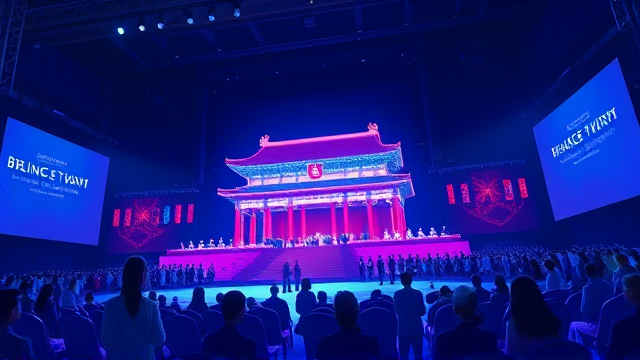China Hosts Global Women's Summit with Xi's Keynote
When President Xi Jinping takes the stage at Beijing's global women's summit next week, the political theater will extend far beyond the keynote speech—it will represent a carefully orchestrated diplomatic performance set against the complex backdrop of China's evolving gender politics and its ambitious soft power campaign on the world stage. The summit, commemorating the thirtieth anniversary of the United Nations' landmark Fourth World Conference on Women that once made Beijing the epicenter of global feminism, arrives at a moment of profound contradiction for China's leadership.While positioning itself as a champion of women's empowerment internationally, the Communist Party has simultaneously presided over a domestic landscape where feminist activism faces increasing suppression, where the #MeToo movement was systematically quashed, and where prominent feminist voices have been silenced—a tension that cannot be overlooked as China hosts this global gathering. The Ministry of Foreign Affairs' confirmation of the event, following the South China Morning Post's initial reporting, signals Beijing's strategic intention to leverage women's rights as a component of its broader geopolitical narrative, particularly as it seeks to counter Western criticism of its human rights record.This isn't merely about commemorating history; it's about controlling the narrative around women's progress at a time when China's declining birth rate has prompted renewed state focus on women's roles within traditional family structures. The original 1995 conference produced the Beijing Declaration and Platform for Action, widely considered the most progressive blueprint ever for advancing women's rights globally—yet today, many of the Chinese activists who fought to realize those principles find themselves marginalized.As world leaders gather in Beijing, they'll be navigating this delicate balance between China's international posturing and its domestic realities, between commemorating past progress and confronting present challenges. The summit will undoubtedly showcase China's achievements in female education and workforce participation—statistics that indeed show significant gains—while likely sidestepping discussions about the persistent gender pay gap, the resurgence of traditional gender norms under demographic pressures, or the systematic dismantling of feminist civil society.For President Xi, this represents a strategic opportunity to position China as a leader in global governance while subtly advancing an alternative model of women's empowerment—one that emphasizes state-led development over individual rights, collective progress over personal liberation. How Western diplomats navigate this terrain—whether they raise uncomfortable questions about detained activists or focus solely on areas of cooperation—will reveal much about the evolving geopolitics of gender equality.The event arrives as China faces increasing international scrutiny over its treatment of Uighur women in Xinjiang, making the summit both a public relations opportunity and a potential liability. Beyond the ceremonial aspects, watch for whether substantive policy commitments emerge—and whether they address the urgent contemporary challenges facing women globally, from the digital gender divide to climate change's disproportionate impact. The true measure of this summit's significance won't be in the speeches delivered, but in whether it generates tangible progress for women both within China and beyond—or merely serves as another platform for geopolitical positioning in the increasingly fragmented landscape of global governance.
Latest News
The political theater outside Westminster Magistrates' Court unfolded with predictable precision Monday morning, as far-right organizer Tommy Robinson—real
31 minutes ago0 comments
In a move that echoes the gravest moments of the Cold War, Britain’s domestic intelligence service, MI5, has issued a stark and unusually public warning to the
1 hour ago0 comments
In a move that will undoubtedly be recorded by future historians as a pivotal moment in the long and tortured history of the Middle East, President Donald
1 hour ago1 comments
In a move that underscores the deeply personal and often cyclical nature of political influence, Labour has appointed Matthew Taylor, the architect of the
1 hour ago0 comments
In a high-stakes maneuver that recalibrates the geopolitical risk profile of the entire Levant, the long-anticipated prisoner and hostage exchange between
2 hours ago0 comments
The political battlefield erupted this weekend when George Finch, the 19-year-old Reform UK leader of Warwickshire county council and the UK's youngest council
2 hours ago1 comments
In a move that will undoubtedly be dissected by historians and political strategists for years to come, President Trump has formally signed a Gaza peace plan,
3 hours ago1 comments
In a move that will be scrutinized by historians for its geopolitical weight, the initial phase of a Gaza ceasefire deal was formally signed in Sharm
3 hours ago0 comments
It’s quiet here...Start the conversation by leaving the first comment.
